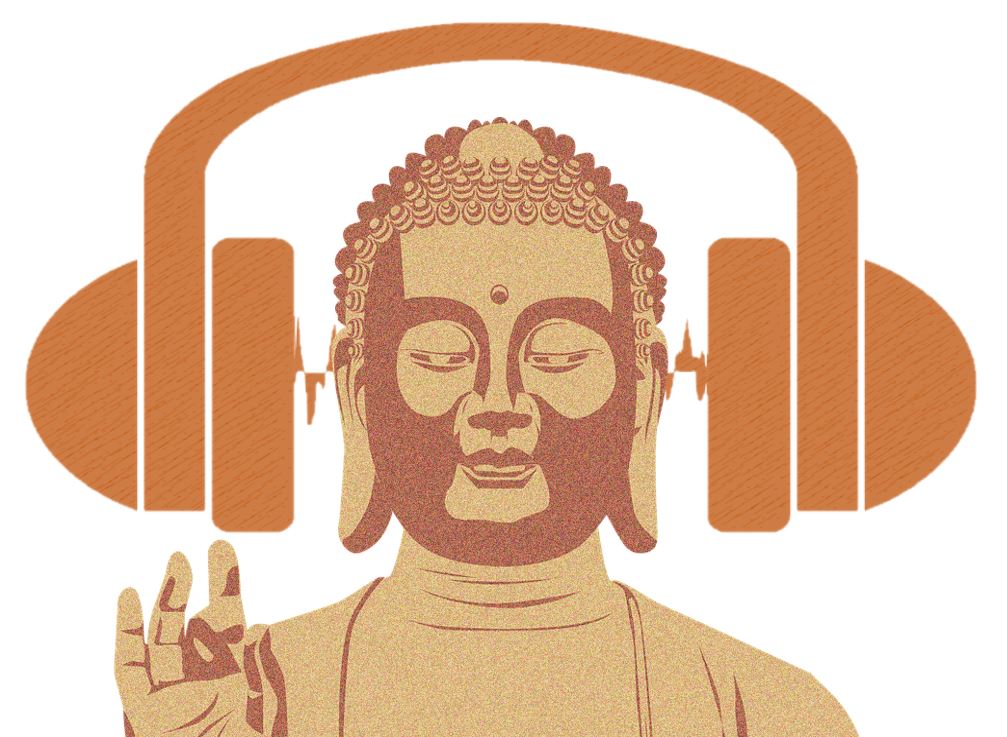
Mindful awareness is at the core of our meditation practice. When cultivated properly, awareness is joined and supported by other mental factors that arise naturally: clear seeing, clear comprehension, tranquility, acceptance, joy, and eventually non-attachment, compassion, equanimity, and wisdom. We will explore the role of awareness in our practice and look more deeply at this circle of “friends” that accompany awareness.
This evening will stand alone and will also serve as an introduction to the daylong on Saturday, August 29.
This day of practice will be in the style of Sayadaw U Tejaniya, a contemporary Burmese monk, with an open schedule conducive to home practice. It should work well on Zoom.
